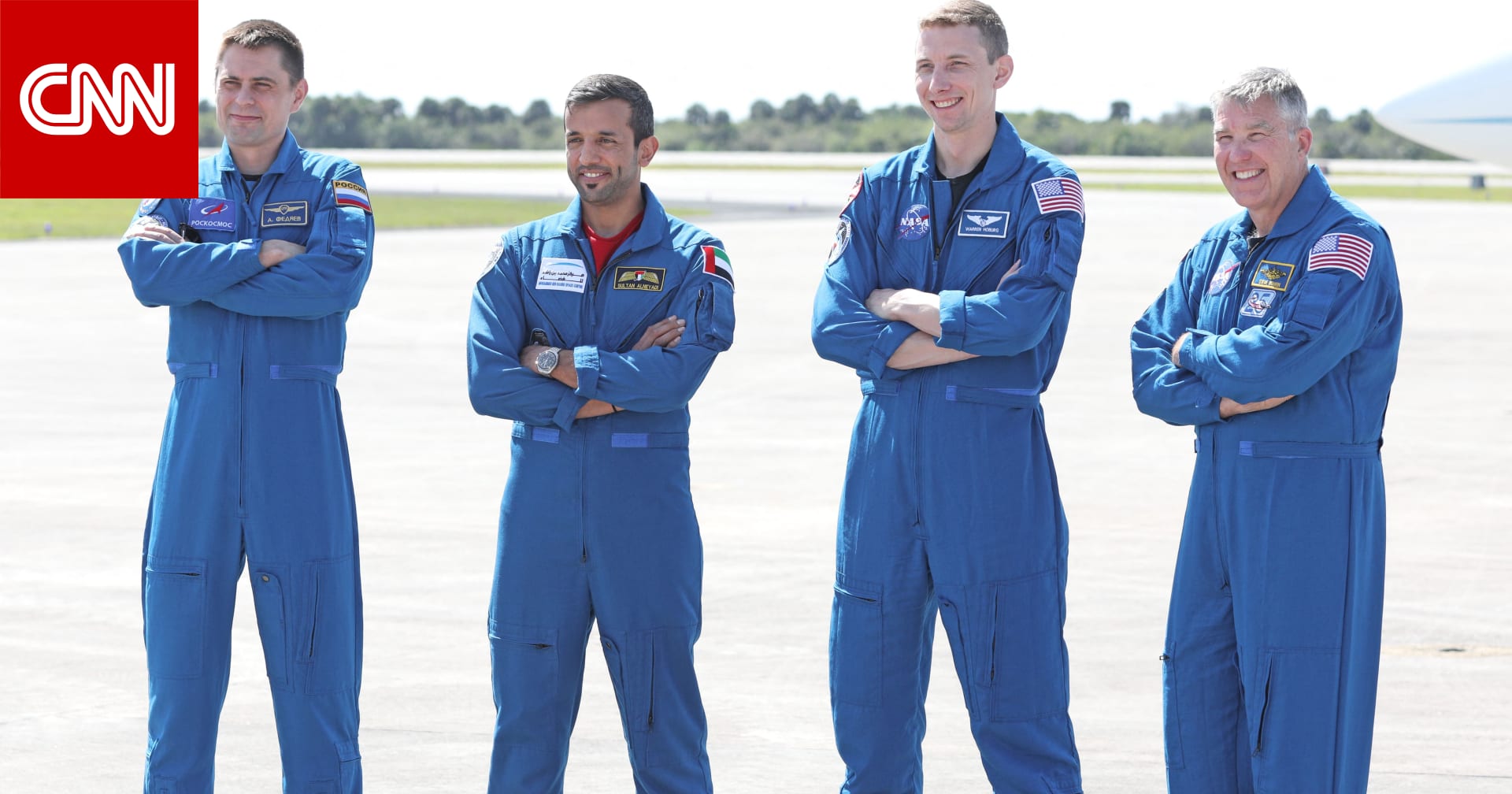Imagine a lateral thinker platform reporting that an Israeli entrepreneur working with the secret services under the alias “Team Jorge” was paying to spread fake news around the world, manipulate elections, falsify accounts and profiles, hack e-mail correspondence and launching political trash can campaigns – the accusation of an anti-Semitic conspiracy theory was not long in coming. In fact, it is the result of research by an international consortium of respected media, which has caused quite a stir in recent days. The Internet offers a wealth of opportunities for targeted disinformation and influence, in which authoritarian rulers and right-wing and conservative circles are said to have an interest. Ironically, the German news magazine “Der Spiegel” also belongs to this media group, which wants to clear up such machinations, which itself has recently attracted attention for its questionable handling of the truth. Whether the falsification of reality in the service of political or economic interests can always be clearly assigned ideologically can probably be fundamentally doubted.
The “Neue Zürcher Zeitung” published an essay by the Dutch author Leon de Winter in the same issue that reports on the bad business practices of “Jorge”, in which he explains that the thesis, which the left-liberal media likes to spread, that behind Trumps The Kremlin’s 2016 election success was a “malicious staging” for which evidence was even falsified. One does not have to agree with de Winter’s conclusion that these allegations had led to a lasting and understandable annoyance of Putin, but there is a bitter aftertaste: when it comes down to it, everyone seems to be happy to use the dirty potential of digitization. As usual, only the other person is suspected.
It is possible that, contrary to some grandiose promises, we do not live in an information society but in a disinformation society. The decisive feature of our communication relationships would then not be how we deal with information and knowledge, but rather the question of how it is at all possible to meaningfully distinguish between realistic and distorted or even invented news. The fact that many activities in the network are set by bots and fake accounts makes the Turing test, which was once only known to specialists and is intended to determine whether the person you are talking to is human or machine, an everyday challenge that we probably fail more often. than we can like.
It’s all bad, no question. But the truth has never been out on the street, and there has always been falsification. It may be that in the digital age it is becoming more difficult to recognize the quality of information. Even the well-intentioned advice to constantly check the trustworthiness of sources is useless if the standards for it are dwindling.
But how effective are such attempts at manipulation? One should not underestimate people. We don’t believe everything we are told to believe. In addition, we hold on to our prejudices, which sometimes correspond to real experiences, quite stubbornly. Ironically, the much-criticized inertia towards digital progress makes us resistant to the attacks of the disinformation industry. In the modern world, the vice of ignorance becomes a veritable virtue.


